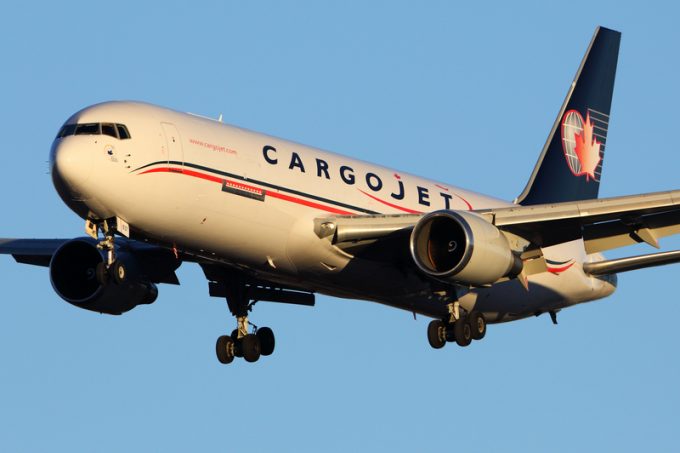Sudden spike belies 'boring' transatlantic airfreight market
On the face of it, transatlantic air trade between Europe and North America has been ...

Cargojet has revealed plans to enter the US market through an arrangement with a US company that holds an air operator certificate (AOC).
Canada’s largest all-cargo carrier signalled its intentions for international expansion in February when it ordered two 777 freighters with options for two more.
Cargojet ...

Comment on this article